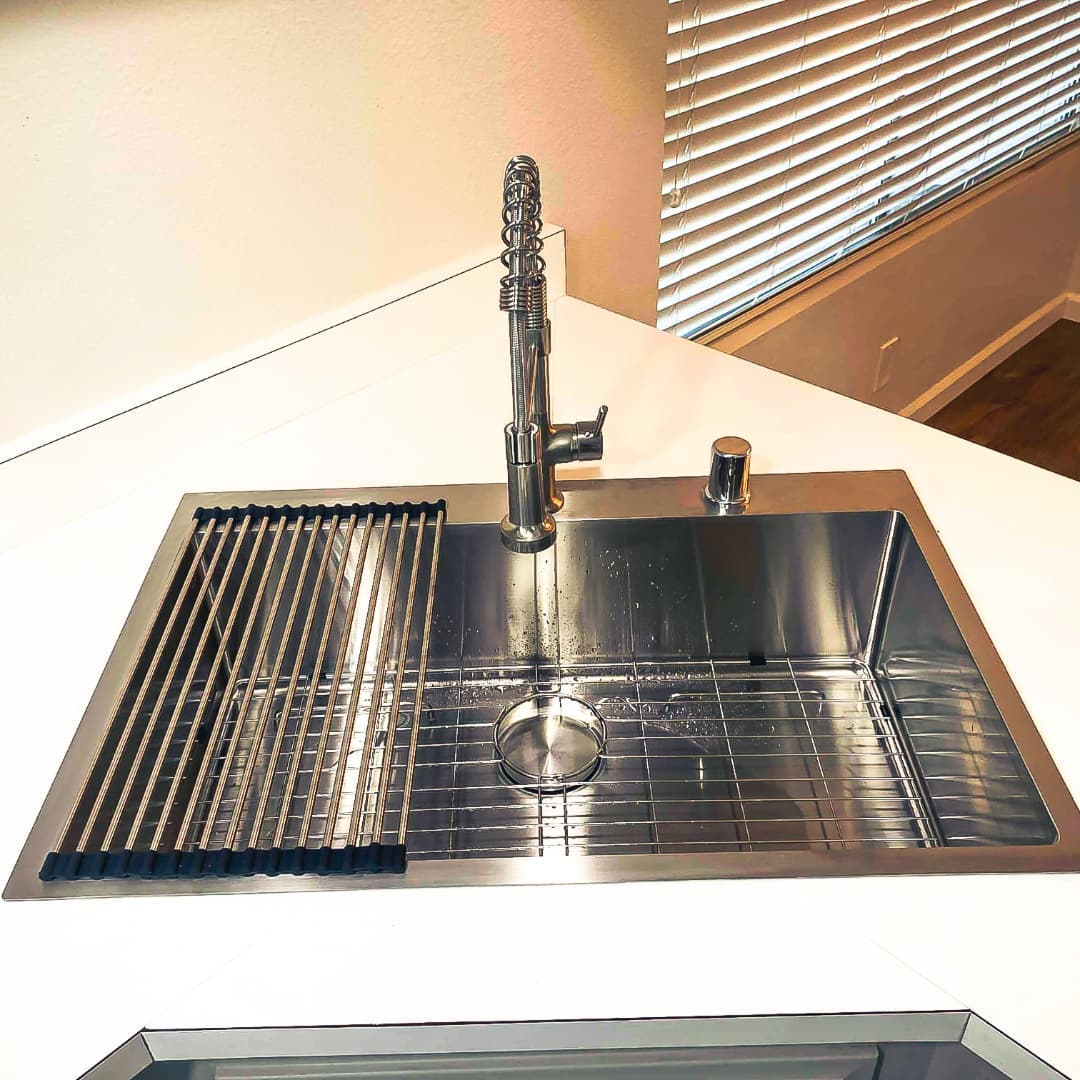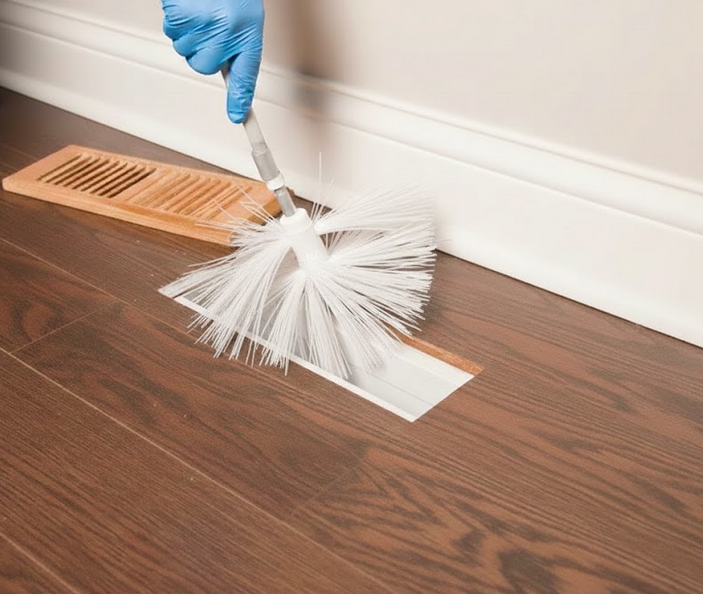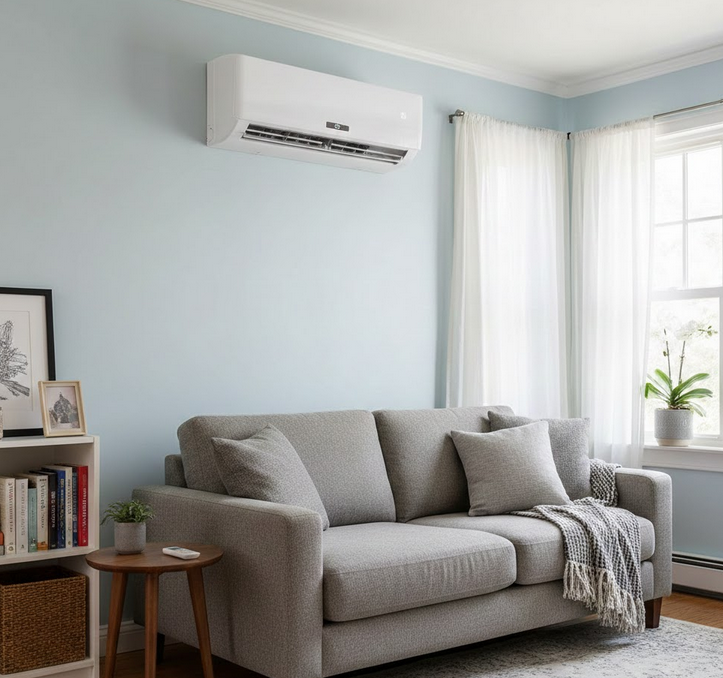The Silent Danger of Gas Leaks
Gas leaks are one of those things most people don’t think about until it’s too late. Natural gas is used in countless homes across San Diego for cooking, heating water, and running appliances. It’s safe when everything is working correctly, but when a leak happens, it can put your health, your family, and your property at risk. The scariest part? Gas leaks are often silent and invisible—making it crucial to know the warning signs and how to respond.
At John Padilla Plumbing, we’ve seen firsthand how quickly a small leak can turn into a serious emergency. That’s why we’re passionate about educating homeowners and renters about the dangers of gas leaks and the importance of calling in the pros right away. Let’s walk through the major signs, causes, and safety steps you need to know.
Health and Safety Risks of Gas Leaks
When natural gas escapes into your home, it doesn’t just smell bad—it can be deadly. Breathing in gas reduces the amount of oxygen in the air, which can cause everything from mild headaches to life-threatening asphyxiation.
Even worse, natural gas is highly flammable. A single spark—from flipping a light switch, plugging in a charger, or even static electricity—can ignite the gas and cause an explosion. Beyond personal safety, leaks also contribute to environmental harm, as methane is a powerful greenhouse gas.
Simply put: gas leaks aren’t just inconvenient. They’re emergencies.
Common Warning Signs of a Gas Leak
The tricky part is that leaks aren’t always obvious. Here are the most common red flags to watch for:
1. Rotten Egg or Sulfur Smell
Utility companies add a chemical called mercaptan to natural gas to help people recognize leaks. If you notice a strong odor similar to rotten eggs or sulfur, don’t ignore it. That smell is there to save your life.
2. Hissing or Whistling Sounds
If you hear hissing or whistling around a gas line, stove, water heater, or furnace, that’s a sign gas could be escaping under pressure. Always take this sound seriously.
3. Dead or Discolored Plants
Gas leaking underground can suffocate plant roots, leaving patches of dead or discolored vegetation in your yard. If one section of your lawn or garden suddenly dies while the rest looks healthy, a gas leak could be to blame.
4. Bubbles in Soil or Water Outdoors
If there’s a leak in an underground pipe, you might see bubbling in puddles or soil around your home. This is gas pushing up through the ground and displacing air or water.
5. Physical Symptoms in People and Pets
Gas leaks affect living beings fast. Humans and pets can experience:
- Headaches
- Dizziness
- Nausea or vomiting
- Chest pain
- Shortness of breath
- Irritation in the eyes or throat
- Fatigue, mood changes, or confusion
If multiple family members—or even your pets—develop these symptoms while inside the house but feel better outdoors, that’s a red flag you should not ignore.
What to Do Immediately if You Suspect a Gas Leak
If you think there’s a gas leak in your home, time is critical. Here’s what you need to do right away:
- Don’t touch light switches, electrical outlets, or appliances—sparks can ignite gas.
- Evacuate your family and pets immediately.
- Leave doors and windows open on your way out to let gas dissipate.
- Once outside and at a safe distance, call 911, your gas company, or a professional plumber.
- Don’t go back inside until emergency crews or licensed pros confirm it’s safe.
Remember—gas leaks are not a DIY problem. Never try to “find the leak” yourself.
Major Causes of Gas Leaks in Homes
Gas leaks don’t just happen randomly. Most of the time, they trace back to specific issues. Here are the most common culprits we see in San Diego homes:
1. Poor Installation or Faulty Connections
Improperly installed pipes, valves, or appliances are a leading cause of leaks. Even small connection issues can worsen over time and create dangerous situations.
2. Corroded or Damaged Pipes
Older homes often have gas lines that have corroded or worn down. Rust and decay weaken the pipe until gas can escape.
3. Appliance Malfunctions or Lack of Maintenance
Water heaters, stoves, furnaces, and dryers can all develop leaks if seals or hoses wear out, or if the appliance isn’t properly maintained.
4. Natural Disasters or External Damage
Earthquakes, construction digging, or even remodeling projects can damage gas lines. San Diego homeowners should be especially cautious about earthquake risks.
Why Professional Inspections Are Essential
Here’s the truth: most gas leaks are invisible and can’t be detected without the right equipment. That’s why professional inspections are so important. At John Padilla Plumbing, our licensed plumbers use advanced tools to detect leaks that homeowners can’t smell, hear, or see.
Regular inspections can:
- Catch small leaks before they become emergencies
- Ensure all appliances and pipes are in safe working order
- Keep your home compliant with safety codes
- Give you peace of mind that your family is safe
Trying to fix a leak on your own is not only unsafe, but in many cases, it’s also against state and local regulations. Always call in the professionals.
The Role of Emergency Response and Safety Plans
Every household should have a clear emergency response plan for gas leaks. Make sure your family knows:
- How to recognize the warning signs
- The safest way to evacuate the home
- Where to meet outside once everyone is clear
- The emergency numbers to call for help
Practicing your plan once or twice a year ensures no one panics in the moment—and everyone knows exactly what to do.
Long-Term Prevention and Safety Measures
Gas leaks can be scary, but prevention goes a long way. Here are some smart habits we recommend to our San Diego customers:
- Schedule yearly professional inspections of gas lines and appliances.
- Replace old or worn-out appliances before they become a problem.
- Have gas lines installed and repaired only by licensed plumbers—never by unqualified contractors.
- Install both gas leak detectors and carbon monoxide detectors in your home.
- Stay alert after natural disasters, since earthquakes and storms can damage pipes.
A little prevention today can save lives tomorrow.
Protect Your Home and Family
Gas leaks are nothing to take lightly. They can affect your health, damage your property, and put your loved ones in danger. By learning the warning signs, creating an emergency response plan, and relying on trusted professionals for inspections and repairs, you can keep your home safe.
At John Padilla Plumbing, we’ve built our reputation on protecting San Diego families with expert gas leak detection, repair, and maintenance services. When it comes to gas leaks, don’t wait, don’t guess, and definitely don’t DIY—call the professionals who know how to keep your home safe.
If you suspect a gas leak or want to schedule a safety inspection, reach out to John Padilla Plumbing today—we’re here to protect your home and your family.



.jpg)
.png)


.svg)